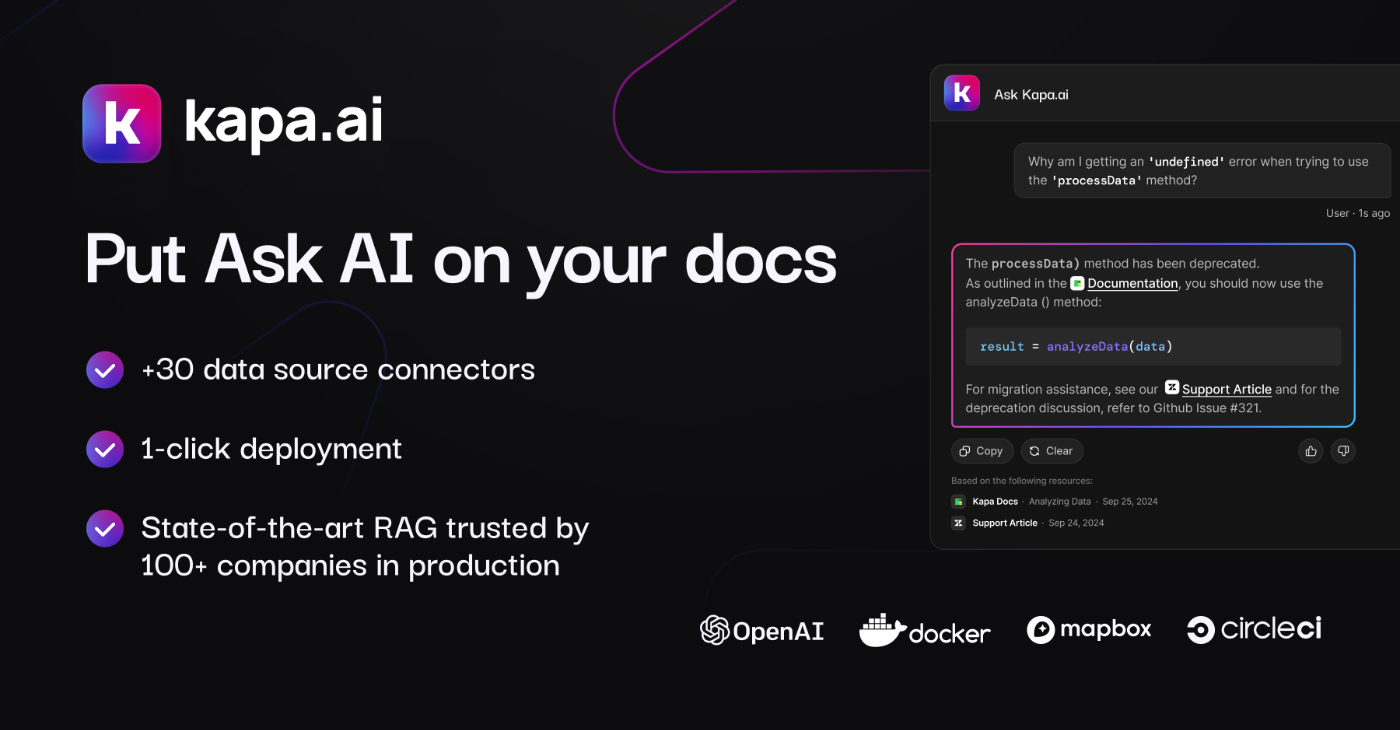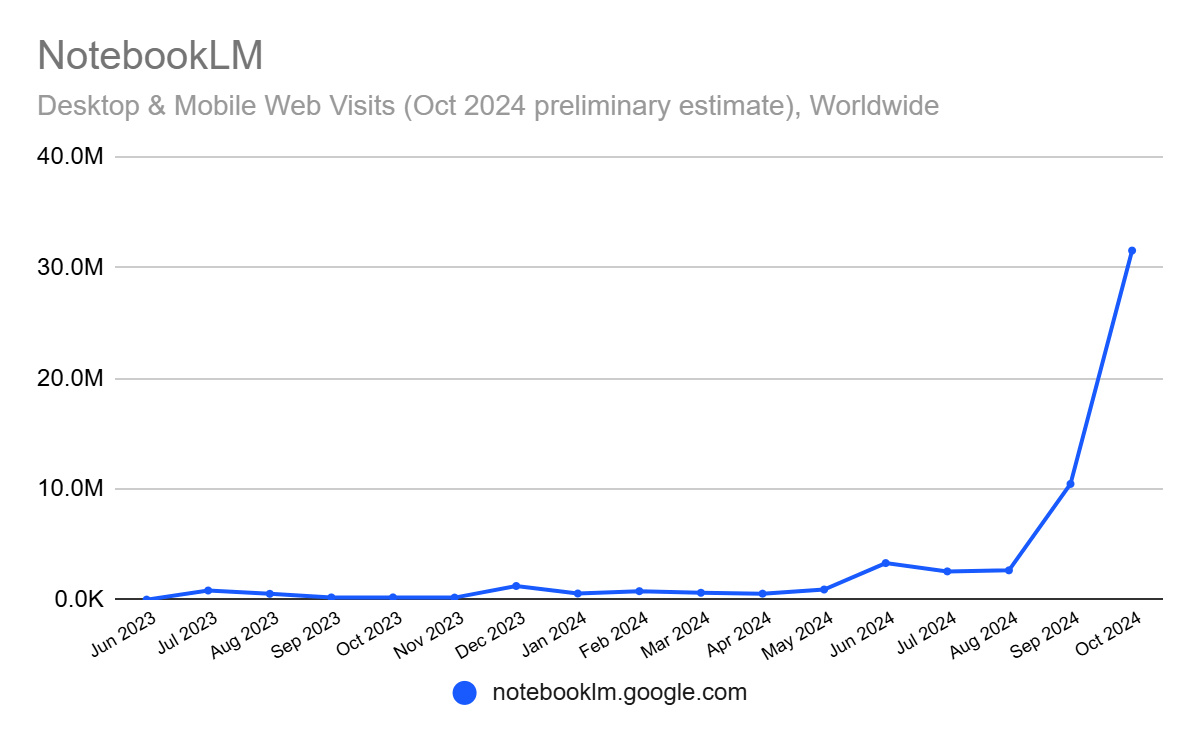
Psych 101: How to Go Viral
Plus, take better notes—with and without AI
November 9, 2024 · Updated February 3, 2026
Hello, and happy Sunday! This week on Every, we explored the Venn diagram of artificial intelligence and note-taking: Jillian Hess detailed the (pre-AI) note-taking prowess of biographer extraordinaire Robert Caro, and Notion cofounder Simon Last went on AI & I to discuss the note-taking company’s AI effort with Dan Shipper. Read on for more on that and everything else we published.—Kate Lee
Was this newsletter forwarded to you? Sign up to get it in your inbox.
Knowledge base
"The Psychology of Viral Technologies" by Rhea Purohit/Learning Curve: ChatGPT went viral, but not just because it was new—it was packaged differently. It turns out that the key to AI adoption isn't just raw power, it's psychology. Drawing parallels with the original Macintosh computer, Rhea Purohit explores how understanding human behavior could unlock AI's true potential. Read this if you want to learn about the four variables that determine how humans embrace new technology—and how they apply to AI.
"Note-taking Lessons From America's Greatest Biographer" by Jillian Hess: We all have our systems to organize notes and manage information, but they likely pale in comparison to that of biographer Robert Caro. Jillian Hess shares highlights from his archive to explain how he turned a decade of research into his masterpiece, The Power Broker. From his meticulous interview techniques (including reminders to "shut up") to his iconic cork board outlines, Caro's process is a master class in information management. Read this if you want to get note-taking tips from a master.
🎧🔏 "How Notion Cofounder Simon Last Builds AI for Millions of Users" by Dan Shipper/AI & I: In his first podcast interview, Simon Last, the cofounder of Notion, explains how to integrate AI into software that serves 100 million users. Simon shares his wisdom about designing AI that’s reliable at scale and how that differs from traditional programs. He and Dan also discussed the intricacies of prompt engineering and the challenges of evaluating unpredictable systems. 🖥 Watch or listen to this if you want the inside story of how one of tech’s most beloved companies embraced AI.
🔏 "Learn to Speak Your Customers' Language—With AI" by Chris Silvestri: If you’ve ever felt like you're speaking a different language than your customers—you might be. In the second piece of his series about using AI for more empathetic marketing, copywriter Chris Silvestri shared his five-step framework for using AI to create hyper-realistic customer personas that unpack the emotional weight behind your marketing messages. Read this if you want to decode what your customers actually hear when you talk to them.
"The Radical Promise of Nuclear Fusion" by Anna-Sofia Lesiv: Scientists have finally cracked the code on nuclear fusion, potentially unlocking unlimited clean energy—a source on which big tech is betting to power its AI investments. Anna-Sofia Lesiv traces the promise of fusion research and the path the U.S. took to get there, including accidental discoveries and lasers hotter than the Sun's core. Read this if you want to understand the next big thing in energy technology.
Join +100 leading companies like OpenAI, Docker, monday.com, Grafana, CircleCI, Silicon Labs, Tomtom, and Mapbox in using kapa to improve developer engagement, find documentation gaps, and reduce repetitive support inquiries.
Kapa turns your knowledge base into a reliable and production-ready LLM-powered AI assistant that answers technical product questions instantly and helps improve your documentation.
Here is why +100 leading companies trust kapa:
- Explainable answers: Minimal hallucinations with answers grounded in source materials, rigorously tested across 100+ deployments.
- Comprehensive knowledge integrations: The platform offers 30+ data source integrations (e.g., website crawlers, Slack channel readers, wiki/forum parsers) that automatically refresh, ensuring up-to-date information.
- Off-the-shelf deployments: 1-click deployments including website chatbot widgets, Slack bots, Discord bots, Zendesk assistants, and APIs for easy integration.
- Continuous improvement: Built-in features and analytics help find gaps in your documentation, adjust AI behavior, and enhance answer quality over time.
- Enterprise-grade security: SOC II Type II certified with advanced PII detection/masking technology for data security and privacy.
Add Ask AI to your docs like Docker by booking a demo!
Data mining
AI podcasts for the people. NotebookLM, Google’s note-taking and research assistant, is a rocket ship:
Source: Similarweb.As a tool to query and interact with your own records and notes, NotebookLM has been around since July 2023. But visits to the NotebookLM site went parabolic in August, when Google launched a feature letting users make a podcast out of their notes. Keeping better track of all the information detritus we collect makes a lot of sense, especially for students and other research-oriented users. That’s not what drove its popularity, however. What mattered is the uncanny ability to generate NPR-intoned AI-hosted podcasts that discuss that information detritus. To what end? Who really knows. But the people love it.—Moses Sternstein
Alignment
Stop scrolling. Sometimes, in the endless stream of people telling you how to live a better life, you find something that makes you pause. This week it was Irish poet David Whyte on Tetragrammaton with Rick Rubin, hosted by the record producer-turned-creativity guru. Whyte makes stodgy executives in Patagonia vests confront their own mortality, then writes about it with the kind of clarity that makes you forget to check your phone—or that you even have a phone. This conversation isn’t meditation-lite or lunch-break mindfulness. Whyte speaks about presence like someone who has actually touched the electric fence of existence, the kind of presence that comes when you face the full weight of being alive—the light and the dark, the growth and the grief. Here's the one thing I'm taking away: The more you truly lose yourself in seeing something, the more clearly you find yourself.—Ashwin Sharma
Sentiment analysis
“The technical breakthrough itself does not quickly become popular, but rather the psychological factors triggered by the product that results from the application of technical innovation.”—A psychology student in response to Rhea Purohit’s piece about what makes technologies popular
Want to chat? DM Dan or Evan on X.
Hallucination
Can we bring artisanship back into our products?
Source: X/Lucas Crespo.That’s all for this week! Be sure to follow Every on X at @every and on LinkedIn.
The Only Subscription
You Need to
Stay at the
Edge of AI
The essential toolkit for those shaping the future
"This might be the best value you
can get from an AI subscription."
- Jay S.
Join 100,000+ leaders, builders, and innovators

Email address
Already have an account? Sign in
What is included in a subscription?
Daily insights from AI pioneers + early access to powerful AI tools









.png)
.25.09_PM.png)

Comments
Don't have an account? Sign up!